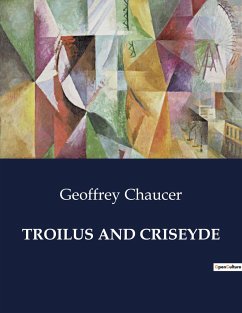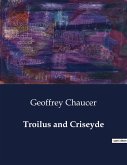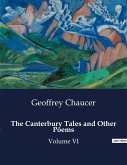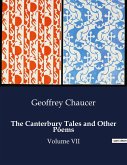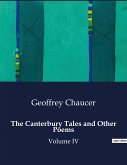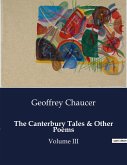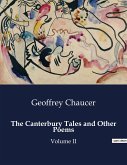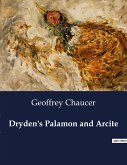"Troilus and Criseyde" is a long narrative poem written by Geoffrey Chaucer, often considered one of the greatest English poets of the Middle Ages. Chaucer, known as the "Father of English Literature," wrote this work in the 1380s. The poem is a significant piece of Middle English literature and is considered one of Chaucer's major works. Key features of "Troilus and Criseyde" include: 1. **Trojan War Setting:** The poem is set against the backdrop of the Trojan War, focusing on the tragic love story between the Trojan prince Troilus and Criseyde (or Cressida), a woman associated with the Greek camp. 2. **Chaucer's Refined Language:** Chaucer's use of the English language in "Troilus and Criseyde" is notable for its sophistication and literary skill. The poem is written in rhyme royal, a seven-line stanza form. 3. **Troilus's Unrequited Love:** The narrative follows Troilus's intense and ultimately tragic love for Criseyde. The story explores themes of love, fate, and the impact of war on personal relationships. 4. **Characterization:** Chaucer's characters are richly developed, and their emotions and motivations are intricately portrayed. The characters include Troilus, Criseyde, and other figures from Greek and Trojan mythology. 5. **Influence:** "Troilus and Criseyde" has influenced later works, including William Shakespeare's play "Troilus and Cressida," which reinterprets the story in a different context. The poem showcases Chaucer's skill in narrative storytelling and his ability to capture the complexities of human emotion. "Troilus and Criseyde" stands as an important work within the broader context of medieval literature and is a testament to Chaucer's contribution to the development of the English literary tradition.
Hinweis: Dieser Artikel kann nur an eine deutsche Lieferadresse ausgeliefert werden.
Hinweis: Dieser Artikel kann nur an eine deutsche Lieferadresse ausgeliefert werden.

